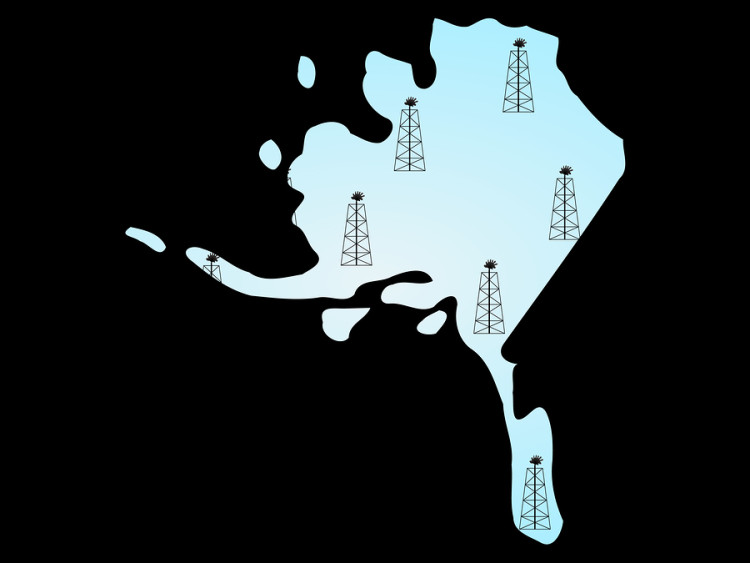Alaska Oil Known Reserves May Have Grown 80% on Discovery

published Oct 5th 2016, 11:29 am, by Robert Tuttle
(Bloomberg) —
Alaska’s oil reserves may have just gotten 80 percent bigger after Dallas-based Caelus Energy LLC announced on Tuesday the discovery of 6 billion barrels under Arctic waters.
The light-oil reserves were found in the company’s Smith Bay leases between Prudhoe Bay and Barrow along the Arctic shore, according to a statement from Caelus. As much as 40 percent of the find, or 2.4 billion barrels is estimated as recoverable, the company said. That compares with the state’s proved reserves of 2.86 billion barrels in 2014, almost 8 percent of the U.S. total, Energy Department data show.
“This discovery could be really exciting for the state of Alaska,” Caelus Chief Executive Officer Jim Musselman said in the statement. “It has the size and scale to play a meaningful role in sustaining the Alaskan oil business over the next three or four decades.”
Alaska’s oil output has been gradually declining, to 483,000 barrels a day last year from a peak of more than 2 million barrels a day in 1988, Energy Department data show. The last major field brought online was Alpine in 2000, which averaged 62,000 barrels a day in September, Alaska Department of Revenue data show.
Musselman, the man who engineered the $3.2 billion sale of Triton Energy Ltd. to Hess Corp. in 2001, founded Caelus in 2011 to explore and develop petroleum resources on the North Slope. In 2014, the company formed a partnership with affiliates of Apollo Global Management LLC to invest in oil and gas properties in Alaska.
Peak Production
Caelus said its newly discovered field could produce as much as 200,000 barrels a day. The Eagle Ford shale region yielded 238,000 barrels a day in 2013.
The discovery of light oil was made after seismic data was collected and two wells were drilled this year, the company said. Another well will be drilled in early 2018, Casey Sullivan, a company spokesman, said in a phone interview. The discovery would be the biggest in four decades, the company said. Prudhoe Bay, the state’s biggest field, was discovered in 1967.
The fall in oil prices to a 12 year low of $26 in February a barrel from almost $108 a barrel in 2014 has prompted companies including Royal Dutch Shell Plc and ConocoPhillips to withdraw from expensive and risky Arctic operations. Shell ended a nearly $8 billion quest to drill for crude in the Chukchi Sea after disappointing test well results. ConocoPhillips formally relinquished its 61 Chukchi Sea leases in April.
A driller on the North Slope needs oil at about $40 a barrel on average to be profitable, Sarah Erkmann, external affairs manager at the Alaska Oil and Gas Association, said in a phone interview. Oil traded at about $49 a barrel Wednesday in New York.
“At these depressed prices, that makes it very challenging,” she said.
Adds Caelus, Apollo partnership in fifth paragraph.
To contact the reporter on this story: Robert Tuttle in Calgary at rtuttle@bloomberg.net To contact the editors responsible for this story: Margot Habiby at mhabiby@bloomberg.net Jim Efstathiou Jr., Carlos Caminada
copyright
© 2016 Bloomberg L.P







No Comment